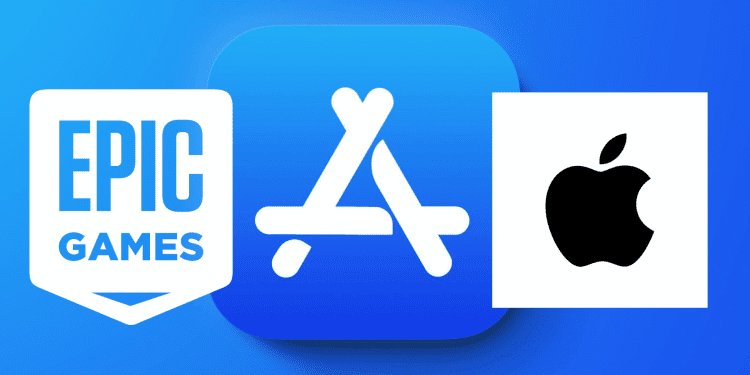- The Supreme Court rejected appeals from both Apple and Epic in their antitrust legal battle, leaving lower court rulings largely in Apple’s favor.
- Lower courts found Apple violated antitrust laws through anti-steering policies banning developers from telling users about other payment options.
- While Apple avoids opening up iOS to third-party app stores, it must now end a
The Supreme Court denied petitions from both Apple and Epic Games related to their antitrust dispute over the iOS App Store. This leaves the case largely a win for Apple, but with some concessions around payment policies..
Background of the Epic vs. Apple Legal Battle
Epic Games sued Apple in 2020 after Apple banned Fortnite from the App Store. Epic had implemented its own in-app payment system, bypassing Apple’s commission. Epic claimed Apple’s walled garden iOS ecosystem and App Store monopoly violated antitrust laws.
Lower Court Rulings Mostly Favored Apple
Judge Yvonne Gonzalez Rogers ruled against most of Epic’s antitrust claims. The Ninth Circuit appeals court largely affirmed this. However, both courts found Apple acted anti-competitively by banning developers from telling users about other payment options.
What the Supreme Court Decision Means
By rejecting appeals, the Supreme Court leaves lower court rulings in place. Apple avoids being forced to allow third-party app stores or sideloading. However, it must end its anti-steering policies banning developers from directing users to alternative payment methods.
Reactions from Apple and Epic
Epic CEO Tim Sweeney said this means the battle to open up iOS is “lost” in the U.S. But he welcomed the end of anti-steering rules. Apple did not immediately comment.
What Happens Next
Apple must now reconsider its rules against developers promoting payment methods outside the App Store. Epic remains banned from iOS. Apple faces separate regulatory pressure in Europe to open up iOS under the new Digital Markets Act.














